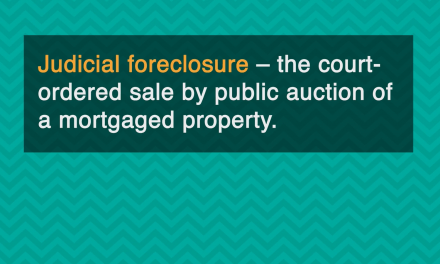The National Reverse Mortgage Lenders Association (NRMLA) is leading a free webinar on reverse mortgages used for senior homebuyers (aged 62 and over).
The webinar — titled “A Financial Option for Senior Homebuyers: Understanding HECM for Purchase” — will be held on Wednesday, April 26 from 11:00 AM to 12:00 PM (PDT).
During the one-hour online session, the NRMLA will provide real estate agents and brokers an overview of the Federal Housing Administration’s (FHA’s) Home Equity Conversion Mortgage (HECM), and how the program may be used by senior homebuyers to finance the purchase of a new home.
The webinar is part of the NRMLA’s Education Week occurring from April 24 to April 28, which provides a series of online events for professionals who work with seniors.
To register for the webinar, complete and submit the online registration form here.
Reverse mortgage smarts for your clients
As real estate agents, staying informed about reverse mortgages is crucial for advising your senior homebuyer clients.
Reverse mortgages are for homeowners aged 62 or older who have either paid off all or a significant amount of their mortgage. These senior homeowners are able to convert their home equity into cash for use as income during their retirement years.
However, reverse mortgages are complex and potentially risky for uninformed homeowners in need of immediate income. Predatory lenders have in the past preyed upon borrowers of reverse mortgages by misleading them and charging exorbitant fees.
Both the FHA and the California legislature have enacted rules to more closely regulate reverse mortgages and protect senior homeowners. For example, reverse mortgages require a documented ability to carry the costs of the mortgage, along with mandatory in-person counseling and limits on the amount of equity homeowners may withdraw — all attempt to restrict reverse mortgages to more financially savvy borrowers who are able to sustain the mortgage.
So, the more real estate agents understand the functions and risks of reverse mortgages, the better they can inform their senior clients about their financing options — and potentially steer them away from a precarious financial situation.



















